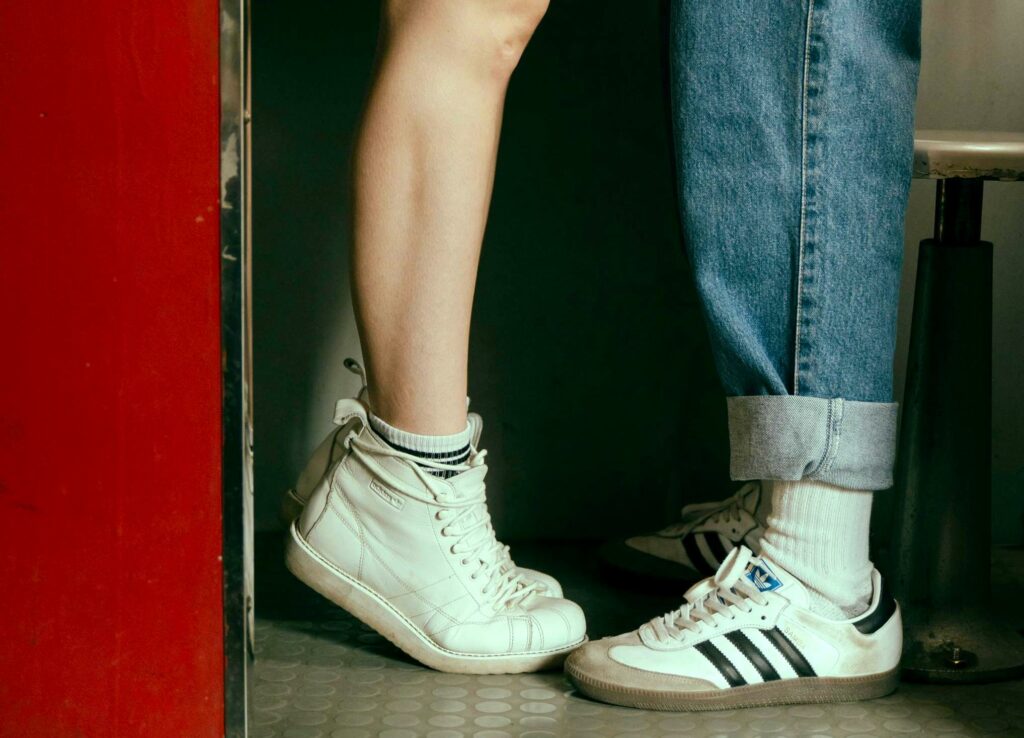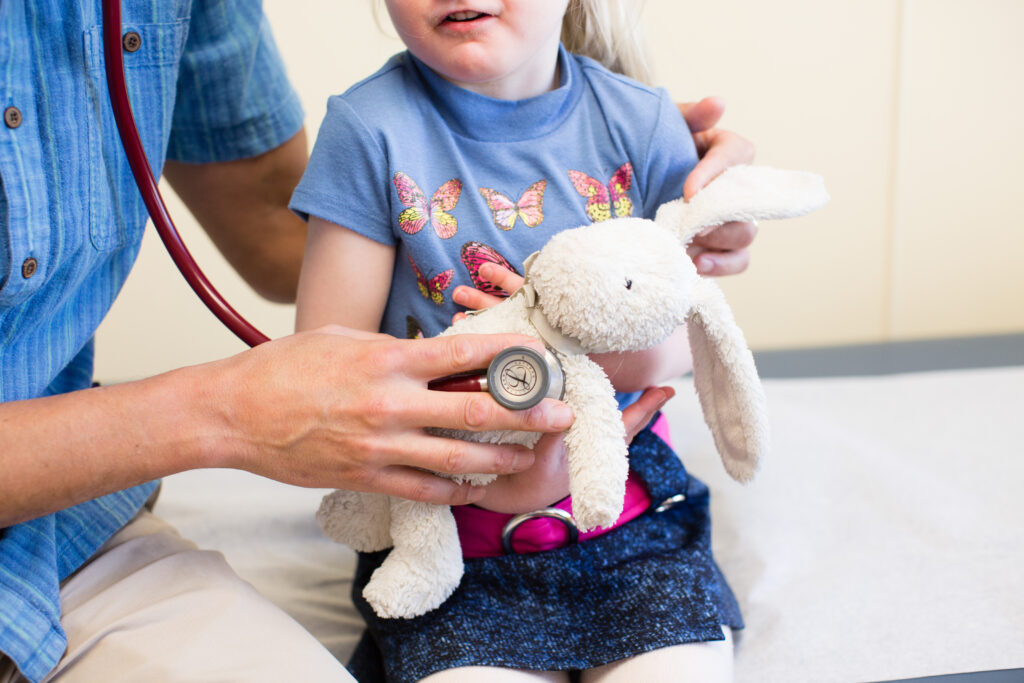When your baby or young child demonstrates separation anxiety, it can make day care drop offs, date nights with a baby sitter, or even just leaving the room heart wrenching.
While separation anxiety is hard on both parents and their little ones, it’s a normal part of a child’s development and actually a sign that your child has a healthy attachment with you.
It’s common for babies, toddlers, preschoolers and even young children to have phases of separation anxiety. While there’s no quick fix to make it stop overnight, there are some things you can do to make goodbyes a little easier for you both.
Child Development and Separation Anxiety
Infants
Around 7-8 months of age, you will likely notice your child develop an anxiety around strangers, or even babysitters or relatives they don’t see on a daily basis. As a baby develops, they begin to recognize the difference between people or situations that are familiar or not. They may seem more clingy or shy and become distressed when you leave the room. Babies at this age don’t have the memory to reassure them that you will come back if you leave.
It’s also common for separation anxiety to disrupt sleep. Babies around this age start waking up several times at night and having a difficult time going back to sleep. Your baby may cry anxiously for you and cling to you when you draw close.
Toddlers
Separation anxiety typically grows more intense between ten to eighteen months and fades as they approach their second birthday. As your child gets a little older, their memory will improve and remember that you will come back and can anticipate your return.
Preschoolers and Beyond
As your child grows into a preschooler and beyond, it’s normal for them to have mixed feelings about growing up and being more independent. There may be times your child is confident and goodbyes are no problem, and then days where they are more insecure or needy.
You may even find that even grade school kids (and sometimes teens) may experience some separation anxiety on occasion, such as when starting a new school, going on a sleepover, or going to camp. This is still a normal part of growing up and learning to be a confident, independent adult.
How to Handle Separation Anxiety
Babies Under 8 Months
Before 8 months of age, babies will have an easier time with separation as long as they get lots of comforting and their needs are cared for. If you’re planning to have your baby at daycare or with a nanny, you can ease your baby into this experience by having others hold, care for, and bottle feed your baby for short periods leading up to it. Keep in mind your baby will have an easier time in your absence if you leave when they are fed and well rested. Leaving when your baby is hungry, tired and already fussy can be hard on your baby and the caregiver.
Babies 8-12 months
Around 8 months of age, when separation anxiety starts to kick in, your child may suddenly start to show distress when you leave them or they are being dropped off at daycare.
If you’re just starting at a daycare, ease into it by visiting it together, then gradually increasing the amount of time they are alone at daycare. Or, if they are already familiar with their daycare and suddenly showing distress at drop off, spend a little extra time getting them comfortable before you leave.
If you don’t use daycare but just use a babysitter every now and then, practice being apart. Having a relative or friend they are familiar with watch your baby for an hour can help them prepare being separated from you for longer periods.
Keep your goodbyes short and consistent to help your baby move on from their separation anxiety faster. You can create a goodbye ritual that makes the experience routine for your baby. Give them a hug and kiss, hand them their special stuffed animal or blankie, and then leave.
Toddlers 12-24 months
At this age, goodbyes can become really difficult, where your child may cling to you, cry, and seem inconsolable when you’re leaving. You may be tempted to sneak away to avoid the goodbye drama at this age, but that will likely backfire and make their separation anxiety worse.
A quick goodbye that is loving and kind is better. Be calm, clear, and consistent with your child and reassure them that you will return. You can continue to use the goodbye ritual you used when they were younger, or start a new one. A routine will be easier on your child so they can learn what to expect, build their confidence, and trust that you will return.
When you come back, give your child your full attention for a while and lots of love. They will learn to look forward to you returning and feel more secure the next time you leave.
This is also a good age to practice separation so your toddler can become more independent. Have a relative walk them to the park for a bit or drop them off at grandma’s house for a few hours.
Preschoolers
If your child has been going to daycare, you may find drop off at this age become much easier. However, if your child has mostly been staying at home with you and is now starting preschool, you may experience some challenges.
You can help your child prepare for preschool by visiting the school and classroom in advance. Most preschools will have an “open house” where you can meet the teachers, and your child can get comfortable in the space. Show them where their snack will go, where the bathroom is, talk about the routine, and spend some time looking at all the toys to help them get excited. You can rehearse a good bye and explain that when you drop them off, you’ll always be back later to pick them up.
Also note that children don’t understand time and hours at this age. To help them understand their schedule, try telling them you’ll be back after first snack, lunch time, or nap time. Then, stick to your promise and return when you said you would.
Big Kids
For older kids, when the occasional separation anxiety pops up, it’s important to be supportive. You may feel tempted to just tell them to “be a big kid,” but that may only make them feel more insecure or needy. Instead, be comforting, loving, and listen to their concerns. They may have fears about leaving you and may just need some reassurance.
Contact Pediatrics West about Separation Anxiety
If your child is experiencing severe separation anxiety or you’re concerned your child isn’t adapting to being separated from you, you can reach out to your provider at Pediatrics West at (720) 284-3700.


